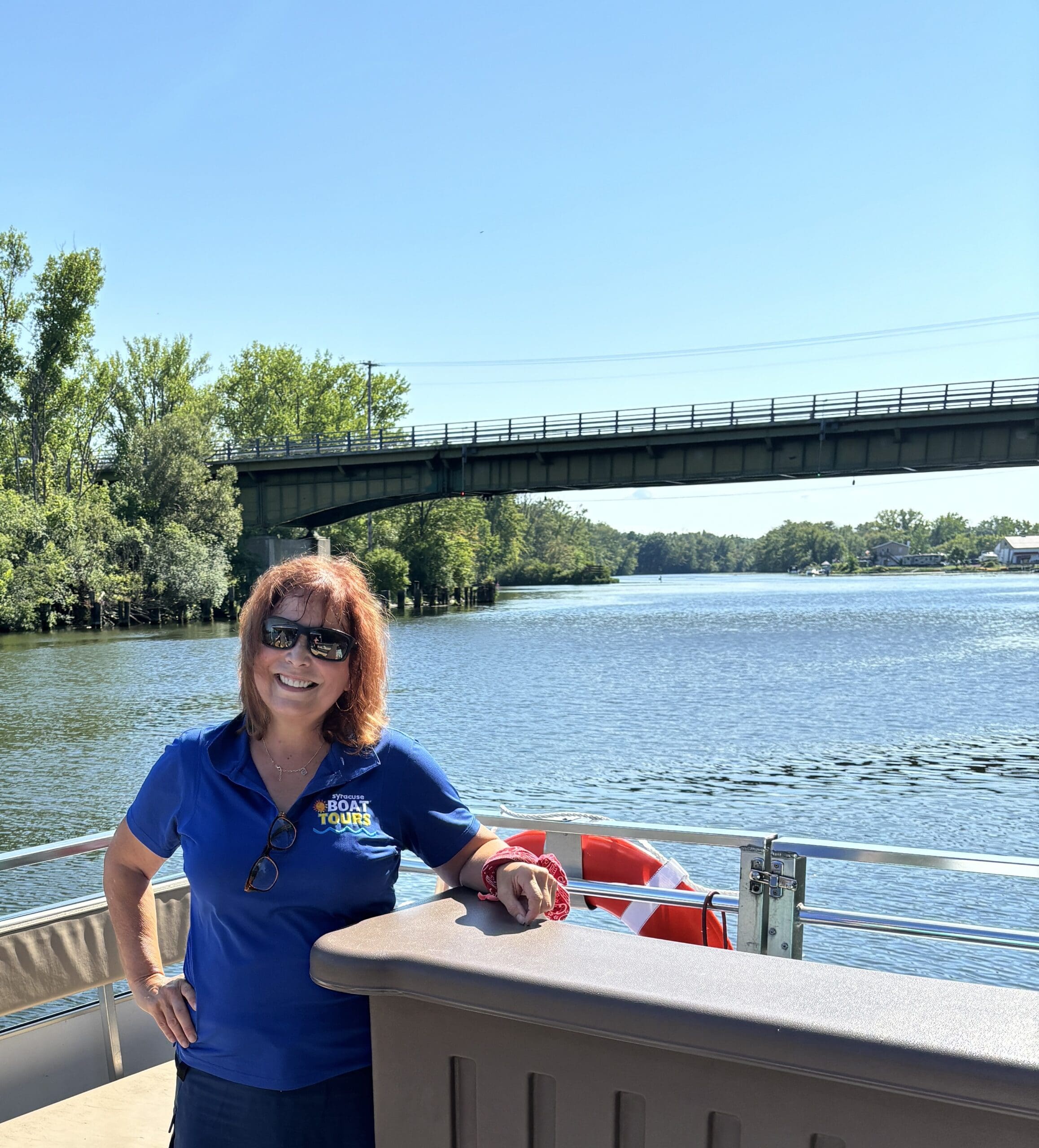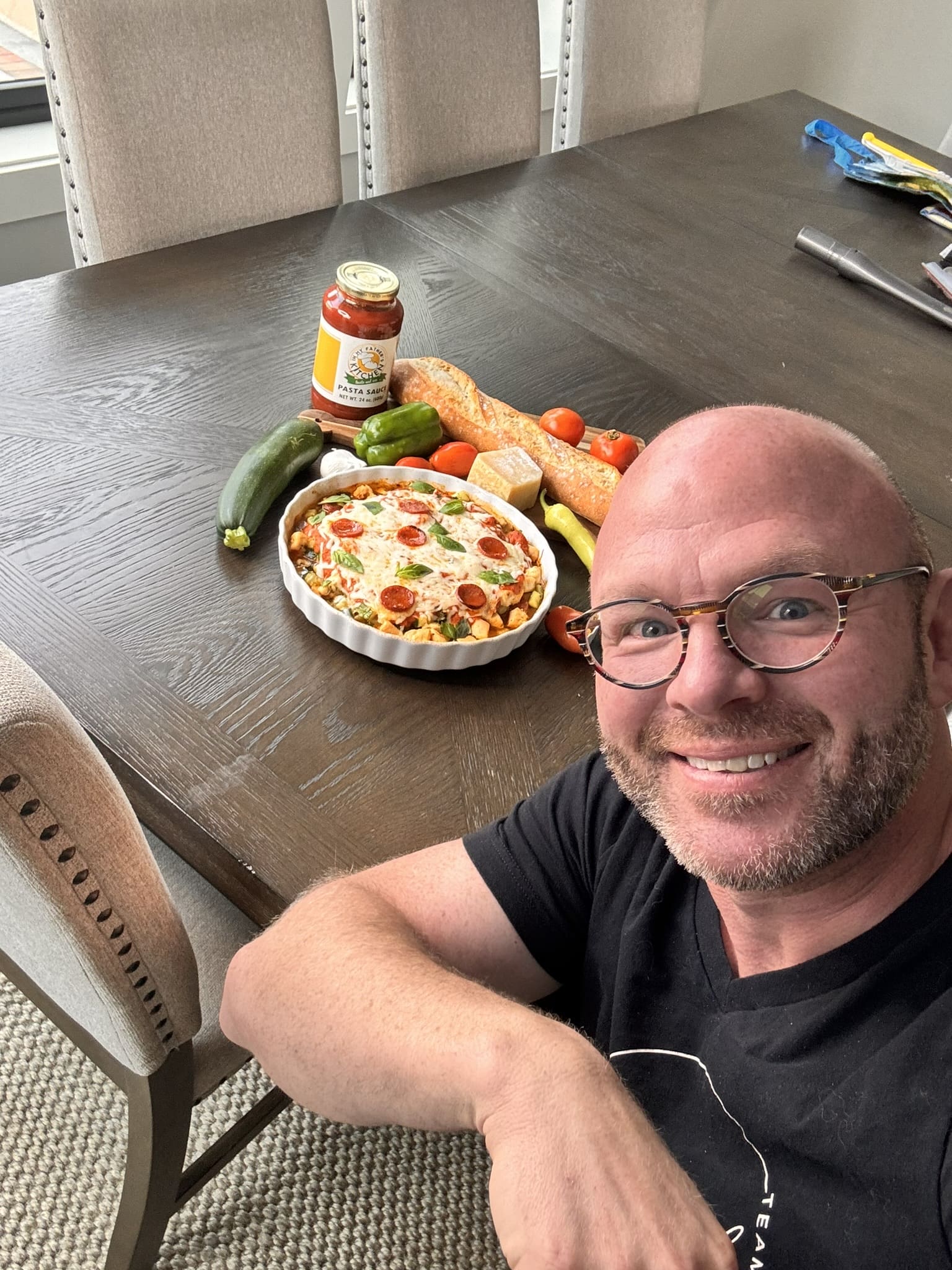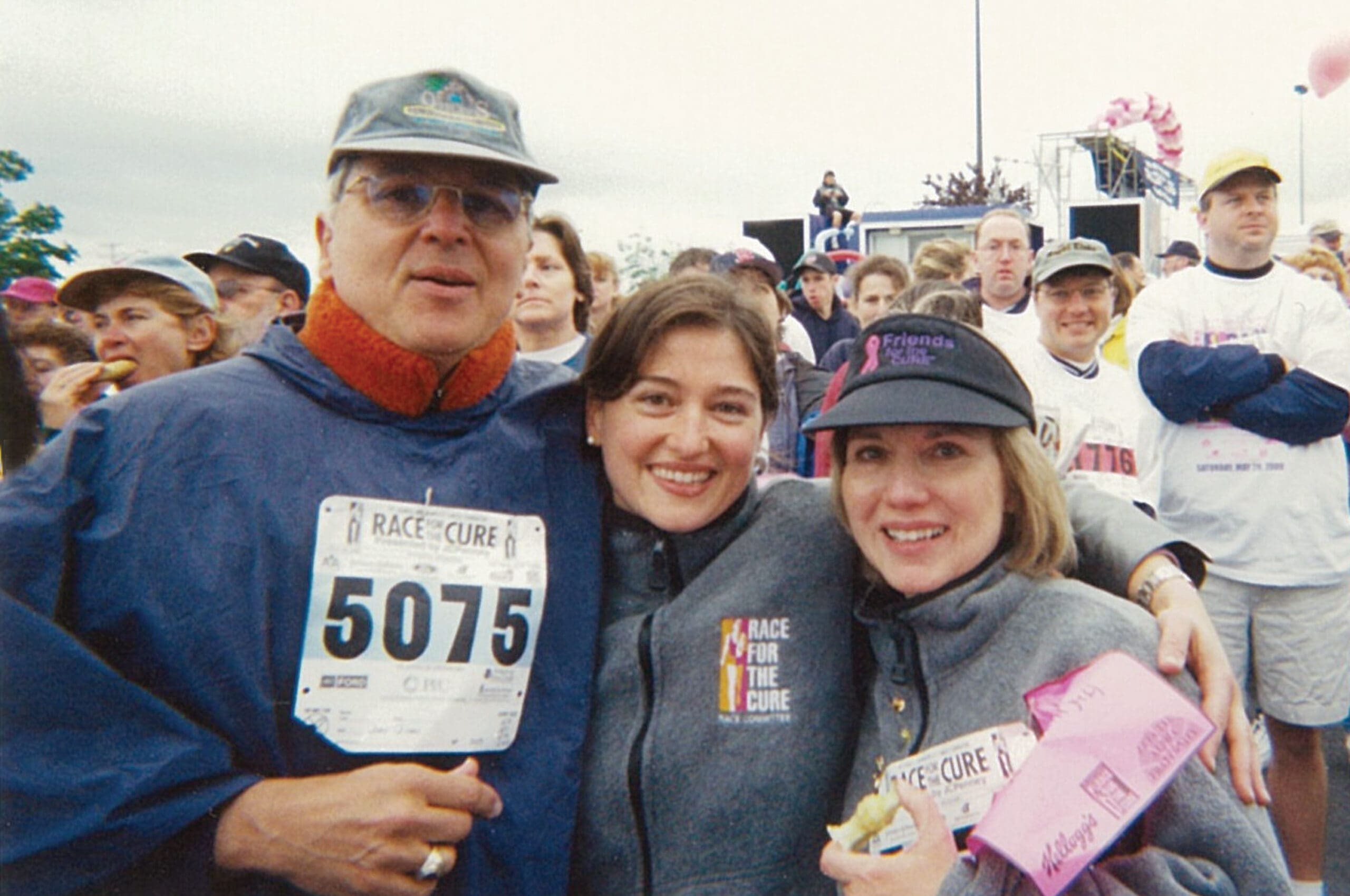By Nichole A. Cavallaro
When I think of empowerment, I think of the sparkle or magic each of us is born with, and whether or not that magic was harvested into a brilliant, healthy autonomy that we carry throughout life. Sometimes it isn’t, sometimes it is, sometimes it’s a work in progress, “it” being us. I recently became an active board member with a local non-profit called Ophelia’s Place. I can honestly say that so far, as a professional, the involvement with such a place gave me a sense of empowerment and personal accomplishment thus far; one that I am sincerely grateful for. At OP and in their café (Café at 407), the message of empowerment and self-love runs like electricity in the walls. For this month, I wanted to shift my voice to another woman’s voice and experience. I recently met a truly kind, intelligent and sweet person, Holly Lowery. She is the Chief Operating Officer for Ophelia’s Place, and I decided to pick her brain on what “empowerment” means given her line of work.
N: Can you tell us who you are, how did you get to where you are with Ophelia’s Place (OP)
H: I am Holly Lowery, Chief Operating Officer for Ophelia’s Place. My role is largely working to maintain and grow the integrity and mission of the organization through strong leadership and team coordination. So practically, that looks like overseeing educational programming, coordinating the team to meet goals and complete projects, managing communications both internally and externally, analyzing and improve organizational processes, and serving as a spokesperson for OP.
N: And what influenced your choices to get where you are?
H: I came to OP through my own work towards eating disorder (ED) recovery. After I moved through the beginning stages of recovery I knew I wanted to help others break free from the constraints of diet culture that I lived in for so long, as many of us do. I also wanted to help people make the connection between the harms of dieting and the development of disordered eating and eating disorders. For me, my ED started with what I thought was a “harmless” diet, but as my body and brain became malnourished, no matter how much weight I lost, it never felt like enough. And what was really underneath that desire to lose weight was deep wounds around perfectionism, people pleasing, a lack of belongingness, lack of connectedness, a lack of confidence in myself regardless of my body. So, as I began doing all the work to unravel all of that, I started doing some educating on behalf of OP, and became so in love with the culture, community and mission of the org. And now they can’t kick me! 😉
N: What does empowerment mean to you, personally?
H: To me, empowerment means owning all of who I am — the messy, difficult, imperfect, wounded parts, too, especially those parts — and acting in alignment with my values, even when it feels really scary. I believe empowerment is a practice that grows with time and can be nurtured by intentionally surrounding ourselves with a community that makes us feel heard and empowered, by choosing to set boundaries, and by doing the work to uncover and rewrite narratives that have taken our power.
N: What does empowerment mean to you on a social level?
H: On a social level, it means validating the experiences and elevating the voices of those who don’t have as much power as we might. For example, in the work I do/we do at OP, this means recognizing my own privilege as a thin-presenting, white, young, able-bodied cis woman (which arguably give me a lot of power, believability, ease of existence), to elevate the voices and experiences of those more marginalized than myself, like larger people, people of color, trans people, etc. For example, it’s not my experience to be told to buy two plane tickets because of my size. I might not have the experience of being scoffed at for asking for a seat belt extender on a plane. But I certainly can be empathetic and listen and validate that experience. I can use my voice and privilege to speak up for that person if I witness that happening, and I can call that out as an act of discrimination. It might feel uncomfortable or messy to practice this, but it’s these types of empowered acts that create change and equity on a cultural level.
N: What would your message be, to women at any age, regarding empowerment?
H: Just one?!?! Oh gosh. Know that your experiences, your feelings, your needs are valid. And practice validating those experiences, feeling those feelings, and meeting those needs, without apology or justification to others around you. The more we honor ourselves, the more empowered we feel. And with that, (so maybe this is two) practice doing the same for others, especially those who aren’t typically given that kind of space, like fat/larger people, people of color, disabled people, trans people. Validate their experiences, let them know their feelings are real and raw and important, and help them meet their needs if you can. That’s how we empower others.
I really want to thank Holly for being candid on both her professional and personal experience, and for her time and words.
Nichole is a local mental health provider. You can find more of Nichole’s writing on www.mentalhealthwellnesstherapy.com in the ‘blog’ tab.





